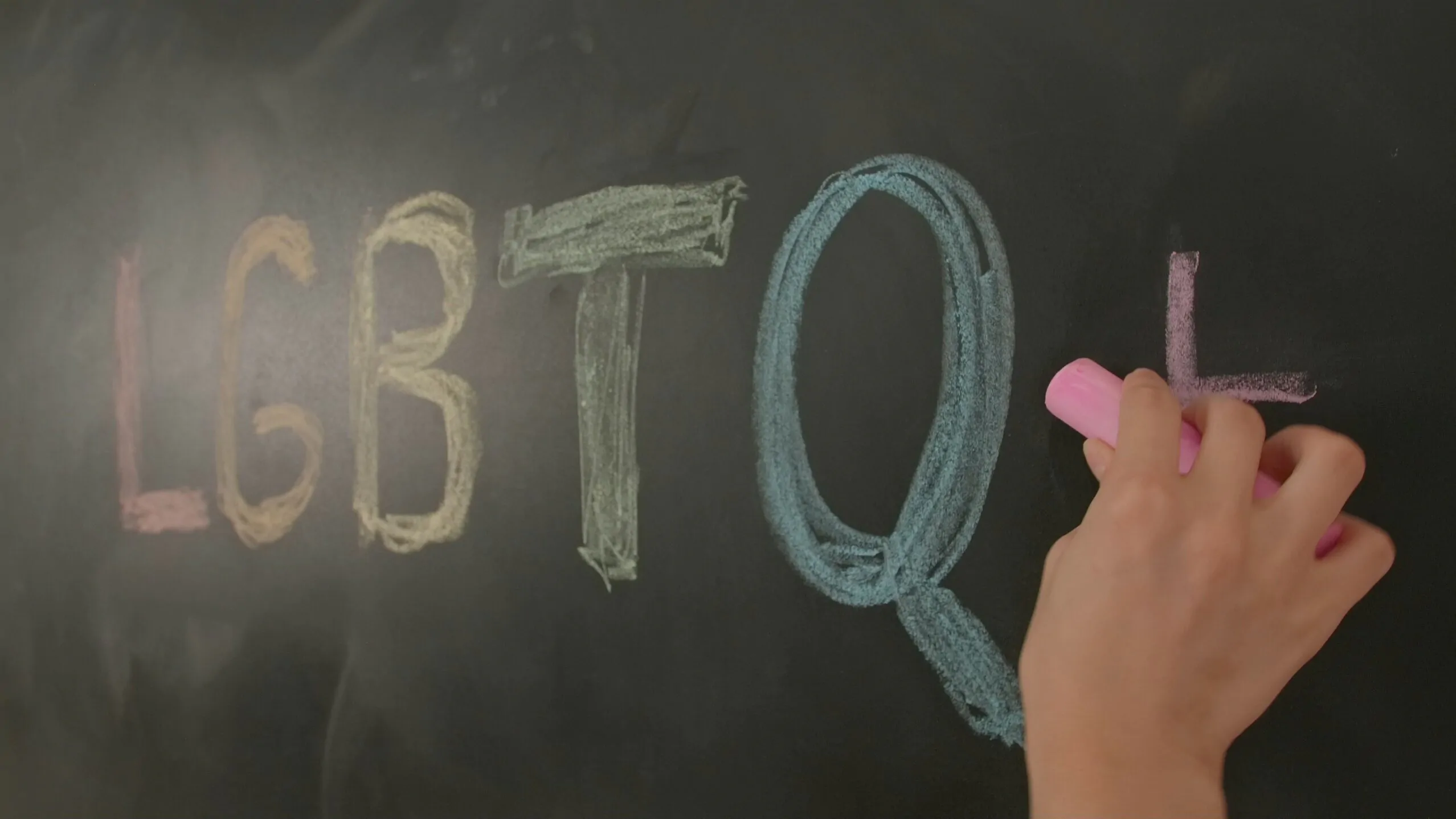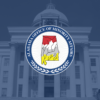After failing to pass his so-called “Don’t Say Gay” bill during the 2025 legislative session, Alabama State Representative Mack Butler, R-Rainbow City, is trying once again to restrict expression related to gender identity and sexual orientation in Alabama classrooms.
Butler recently prefiled House Bill 23 for the 2026 Legislative Session, a bill which would ban discussions of gender identity as well as the display of pride flags and related symbols in Alabama’s public school classrooms.
HB23’s provisions largely mirror those found in HB244, Butler’s previous version of the bill which passed all the way to the Senate floor during the 2025 Legislative Session but ultimately failed to become law.
Currently, Alabama law prohibits discussions “regarding sexual orientation or gender identity in a manner that is not age appropriate or developmentally appropriate” from taking place in kindergarten through fifth grade classrooms.
HB23 would expand that prohibition to include all preK-12 grade school classes while also striking the language that limits the ban to discussions which are deemed age inappropriate. The bill thereby looks to ban any and all discussion of gender identity or sexual orientation across all grades in Alabama public schools.
Butler’s bill would also ban any public employee from displaying a pride flag or “other insignia relating to or representing sexual orientation or gender identity” in a classroom or anywhere on the property of a public preK-12 school.
Lastly, HB23 includes a provision to prohibit educators from referring to students by their preferred gender pronouns if those pronouns are “inconsistent with the student’s biological sex at birth.” That provision had previously been included in an earlier version of HB244 before being removed during the 2025 Legislative Session.
HB23 does not clarify how preK-12 employees would be expected to confirm whether or not a student’s pronouns “match” their biological sex.
Opponents of Butler’s bill claim that it would infringe upon Alabamians’ First Amendment rights by expressly limiting free speech. Butler has argued otherwise, claiming that students would still be able to discuss topics related to gender identity and sexual orientation with school nurses, counselors or teachers outside of the classroom setting under his legislation.
Critics have also noted that the term “gender identity”–as used in both HB23 and HB244–is defined nowhere in Alabama law, raising serious questions about how HB23’s provisions would actually be applied if the bill were to become law next session.
HB23 will first go to the Alabama House Education Policy Committee for consideration when the State Legislature reconvenes next year.










































